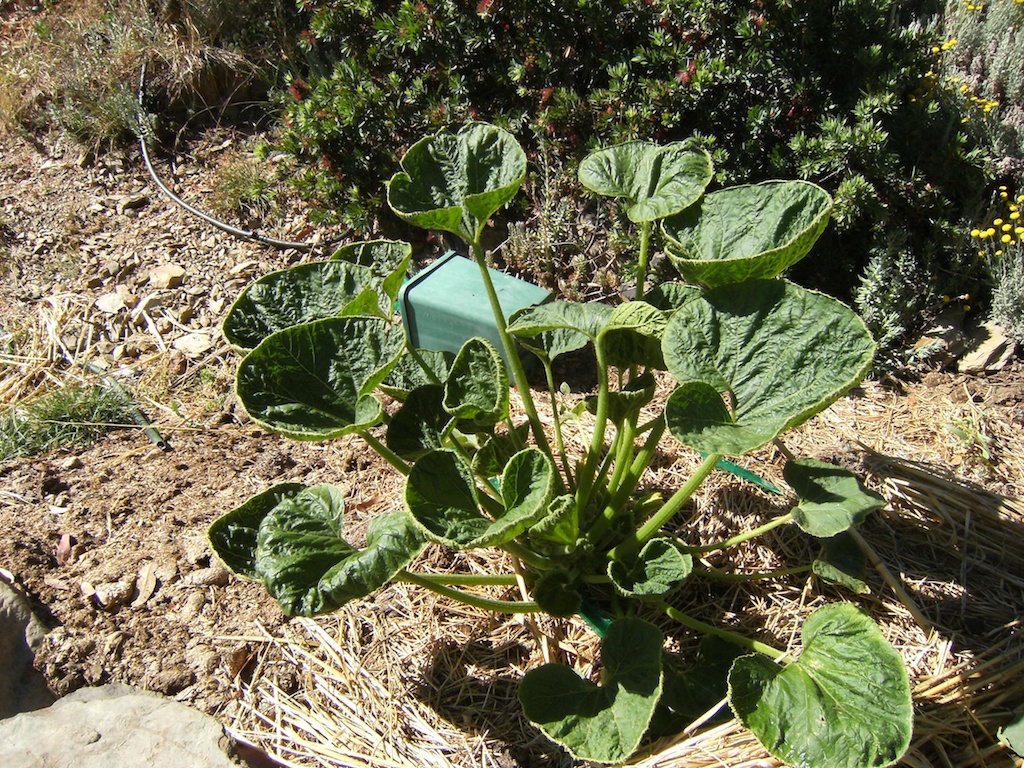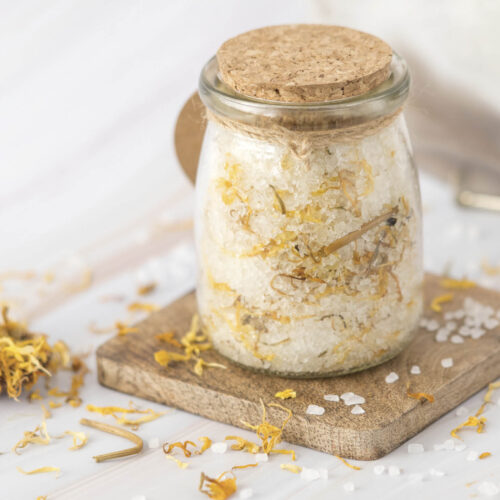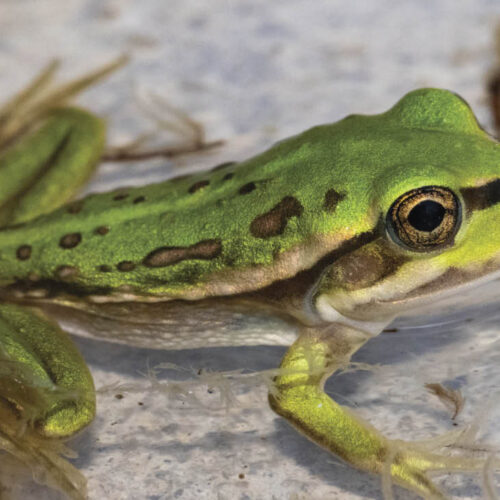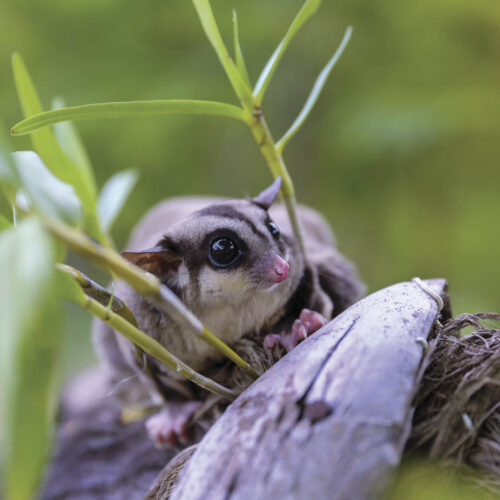Herbicide alert
2013-12-13T02:38:26+11:00
It’s crucial to know the source of manure or mulch you use says PENNY WOODWARD.
Recently Organic Gardener received an email from Wendy with some pictures asking what was causing the damage to her vegetables and other plants in her garden. This letter was passed on to me and after a bit of research I realised I was looking at the effects of one of the herbicides in the Picloram, Clopyralid and Aminopyralid group. These hormone-based herbicides are collectively known as picolinic acid herbicides and in Australia have been widely used against broad-leafed weeds for a number years. They are used on pastures, cereal and canola crops as well as in forestry, on golf courses and on turf in other amenity situations.
They are sold under a variety of trade names including Grazon, Hotshot, Lontrel, Tordon and many others. While they are labelled as having low toxicity to mammals (including humans) they are very persistent. Livestock that feed on grasses in contaminated pastures, eat the herbicide and it then passes into their manure. Also, horses, cattle and other livestock fed on hay harvested from pastures where Picloram, Aminopyralid or Clopyralid sprays have been used will pass it into their manure. Hay and straw harvested from paddocks where the herbicides have been used will still have the herbicide on them because it binds to the grasses. As will grass clippings from golf courses and other sporting grounds where these sprays are used.
Compost, mulches and mushroom substrate that has been made from these manures or grasses can also be contaminated.
Wendy, who lives and gardens near Mudgee, believes that her problem originated from manure collected from stables in the region. It is not just affecting the zucchini as shown, but also tomatoes, corn, pumpkins, potatoes and more. The cupping shown is very typical, but it can also result in poor seed germination, twisted and elongated leaves, distorted fruit and the death of young plants. The herbicide is only released as the manure or mulch breaks down, so you often only know you have a problem after several weeks of growth.
The manufacturers and the Australian Pesticides and Veterinary Medicine Authority (APVMA) say that the labels on the herbicides set out very clearly that these products cannot be used on land that will be cropped (including for compost or feed) within 24 months and that manures from animals grazing on this land should not be used for broad-leafed crops. These rules though are not much use to gardeners because it can be almost impossible to know if a supplier has done the right thing, or to track where manure comes from, what the animals were fed and where their feed came from. Also in my experience suppliers often know little about where their hay or straw originated.
So, if you are buying mulch or manure, buy only certified organic products. This is the only way you can guarantee your organic garden won’t be affected. If this is not possible, speak to the suppliers and try to find out where it has come from and if these herbicides are likely to have been used.
The more we spread the word, the more chance we have of letting everyone know the effect these herbicides can have on our vegie gardens.
Also you are much safer to buy lucerne hay or pea straw for mulch because these herbicides cannot be used near lucerne or peas.
There are ways to test for the presence of these herbicides in manures, but these tests are too expensive for the average gardener. The only alternative is to try growing a plant in potting mix with the manure mixed through, or the mulch spread over the top. Also grow some vegies in pots without the manure or mulch (the control). If all vegies grow well then you can be pretty certain that these herbicides are not present. If the ones with the manure and mulch struggle, while the controls thrive, then the manure or mulch is likely to be contaminated.
Wendy’s next problem was what to do with her contaminated garden. The manufacturers claim that these herbicides are safe for people and animals and that vegetables grown in affected ground are safe to eat. As an organic grower, I would not take the risk. At the very least I would remove all affected vegetables and put them in the bin. With constant cultivation (forking over the ground) and regular watering, the manure or mulch will break down and micro-flora will destroy the chemicals in 1 to 2 years. So the ground should be ok to plant again after that time period. If it were my garden I would remove all the manure and/or mulch, and take it back to the supplier or to the tip. I would then add compost, manure and mulch from organic sources, watering well and turning over regularly, and not plant again in this area for 12 months.
If you want to know more there is a lot of information on the internet, especially on UK sites where this has been a problem for much longer than in Australia.
Finally it is all very well for the manufacturers and the APVMA to say that labels set out clearly what should be done and how these sprays should be used, but their responsibility seems to stop there. Wendy (and who knows how many others) has lost time and money and at least a year’s worth of vegetables. Surely they have a moral responsibility, at the very least, to make sure that this problem is widely publicised in the media? And users of these herbicides have a responsibility to notify anyone who intends to use their products.
Anyone who has been affected can contact the APVMA who encourage members of the public to alert them of any pesticide problems through their Adverse Experience Reporting Program (AERP) on their website here.






